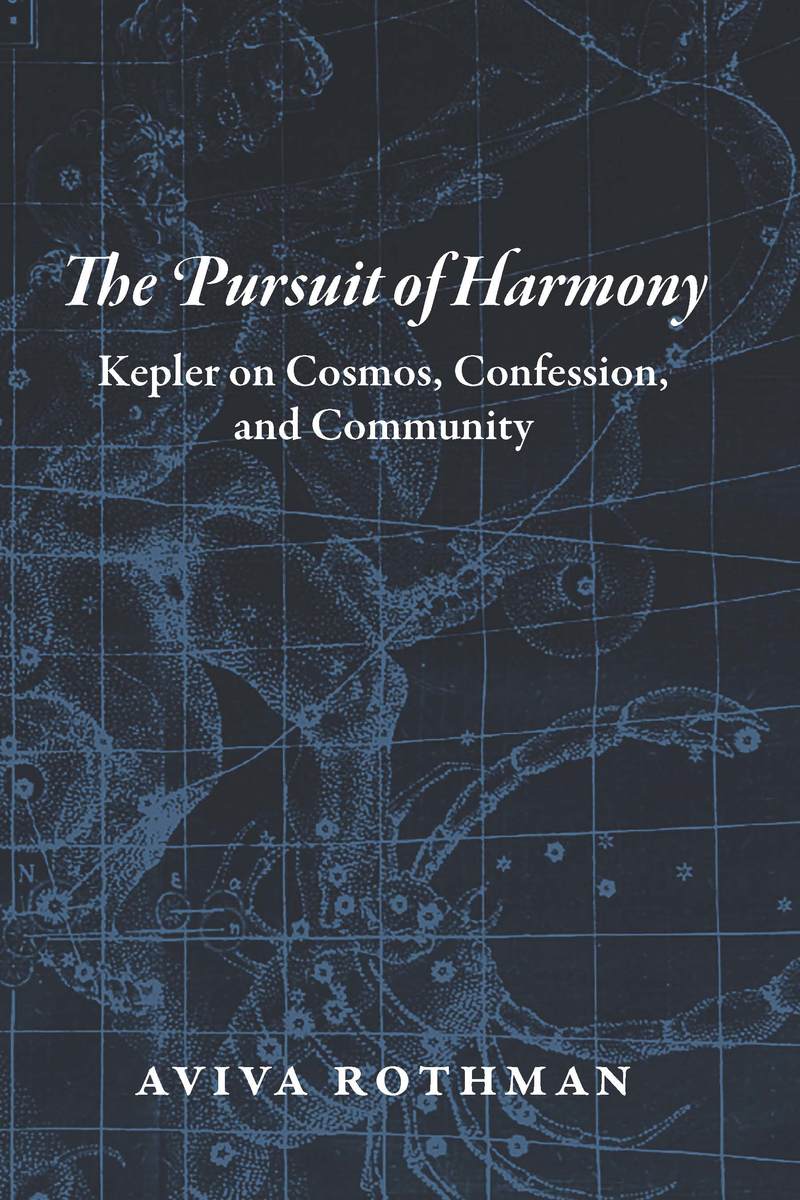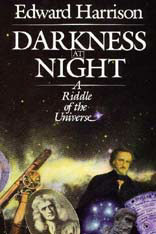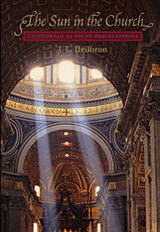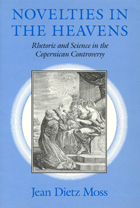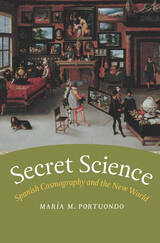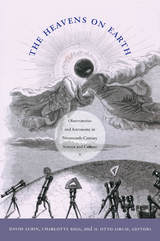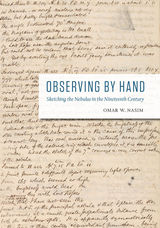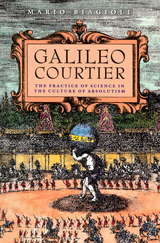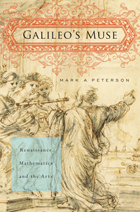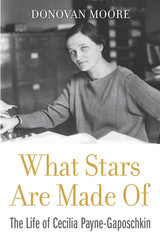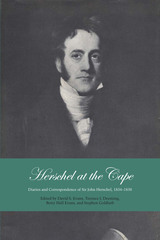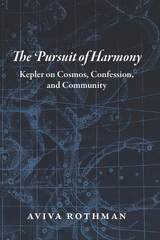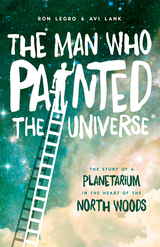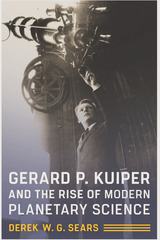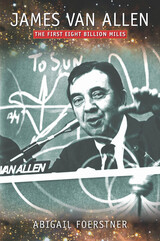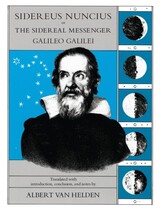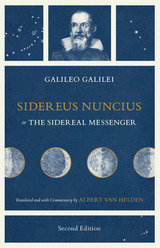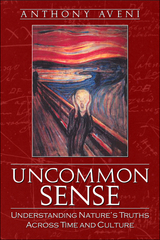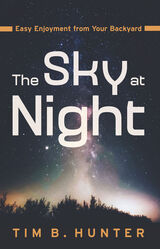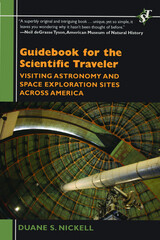"This is a splendid piece of work: a highly original, important, scholarly, persuasive and engaging investigation of the astronomer Johannes Kepler's lifelong pursuit of harmony in a time of conflict."
— Nicholas Jardine, University of Cambridge
"Scholars have always known that harmony mattered to Johannes Kepler. But Aviva Rothman shows, for the first time, that Kepler understood harmony--as he practiced astronomy--in his own, individual way. He prized dissonance in music, believed that disagreements on theology need not disrupt a church and envisioned harmony itself not as unity, but as diversity. Rothman's elegantly argued book not only sheds new light on Kepler as a student of nature but also reveals him as the advocate, in the midst of religious war, of a limited but impressive cosmopolitanism."
— Anthony T. Grafton, University of Princeton
"Johannes Kepler is commonly remembered as a champion of harmony in a deeply troubled world. Rothman's illuminating book is the first to brilliantly demonstrate how his thinking provided a pathway for a new world order based on respect for different perspectives and religious views in ways which remain inspiring for today. Harmony was not an empty ideal, but turned into politics interlinked with pioneering scientific practices."
— Ulinka Rublack, author of The Astronomer & the Witch
"Johannes Kepler is known to students of astronomy as the German mathematician who first solved the problem of the retrograde motion of Mars, thus setting the stage for Newton's study of gravitation. However, Rothman describes a much different side of Kepler. Kepler was a deeply committed Lutheran who attempted to reconcile the divisive religious faiths that arose following the Protestant reformation. His approach was based on his background as a mathematician and his search for harmony in the world as an extension of the harmony he found in mathematics and music. His task was challenging from the outset, but was made even more difficult by his stout defense of Copernican cosmology. Eventually Kepler's unorthodox views led to his excommunication, a serious blow for one who was so devout. A fascinating chapter describes how Kepler used the principles of rhetoric, many of which reappear today in the political arena. Rothman's presentation of these complex topics is detailed and extensively annotated. In her attempt to understand Kepler's philosophy, she combines her own interpretations with synthesis of earlier works. The result is a valuable contribution to the literature on a central figure in astronomy. Recommended."
— Choice
"Harmony, Rothman shows, was both the intellectual bedrock for and the primary goal of Kepler's disparate endeavors. But it was also an elusive goal amid the deteriorating conditions of his world, as the political order crumbled and religious war raged. In the face of that devastation, Kepler's hopes for his theories changed: whereas he had originally looked for a unifying approach to truth, he began instead to emphasize harmony as the peaceful coexistence of different views, one that could be fueled by the fundamentally nonpartisan discipline of mathematics."
— zbMath
"Rothman thoughtfully explains the metaphysical ideas that inspired Kepler on his quest for harmony. . . . In a fresh look at his relationship with Galileo, Rothman improves our understanding of the many tactics and techniques that Kepler encouraged Galileo to employ in their common campaign for a new cosmology. . . . A probing account of Kepler and the enduring themes of community and compassion that finally spell the last gasp of the lone genius."
— Journal for the History of Astronomy
"A more than welcome addition to the existing scholarship on a man whose ideas contributed immensely to our understanding of the cosmos. . . . A rich book, providing a thorough study of the concept of harmony and the pivotal role it played for Kepler."
— British Journal for the History of Science
"Throughout, [Rothman] places her subject in the religious context of his age, revealing new aspects of both. The opening of the book maps Kepler’s concept of harmony, pointing out unique features that include valuing polyphony and accepting dissonant intervals on the evidence of experience, rather than rejecting them on the grounds of musical theory. . . . Rothman has written a valuable book that deepens our understanding of both Kepler and the religious dialectics of his time."
— Isis
"A valuable book that deepens our understanding of both Kepler and the religious dialectics of his time."
— Renaissance Quarterly
"Rothman's new study offers a significant contribution to our understanding of Kepler's political ideas . . . . One of Rothman's achievements is to trace Kepler's passage from innocence to experience, such that we finish the book with a clear view of what human harmony menat to the mature Kepler. . . . Every chapter of Rothman's study provides original insight into Kepler’s life and thought. It is to be recommended to researchers of early modern philosophy, especially natural and political philosophy, at both graduate and post-graduate levels. Moreover, it deserves to remain a fixture in Kepler studies over years to come."
— Annals of Science
"Rothman has chosen an approach that is highly original, and which goes far beyond the boundaries of what has already been written on the subject. Influential books and articles on the subject to date have often focused exclusively on interests either in the fields of the history of science, intellectual history, or musicology, but this book ignores these modern disciplinary boundaries to highlight the parallels between Kepler’s ideas on music and its connection with cosmos, confession, and community. . . . the book contributes in important ways to a better understanding of early modern science."
— Early Science and Medicine
"A fresh take on the career of the astronomer Johannes Kepler. . . . [The book] wrests Kepler’s astronomical work from this procrustean narrative and situates it, instead, amid the tensions and conflicts that actually shaped his world. Here lies Rothman’s particular contribution: she reminds us that Kepler’s life extended beyond science, as the issues to which he applied his genius often had less to do with heliocentrism than they did with early modern religious and political conflicts. . . . Rothman offers us an admirably broad and innovative analysis of a figure who is important to both the history of science and the history of religion."
— American Historical Review
